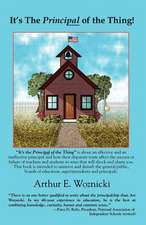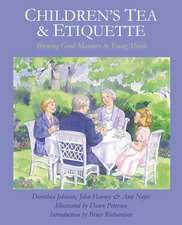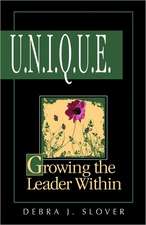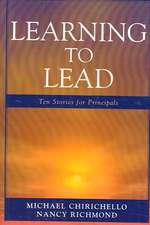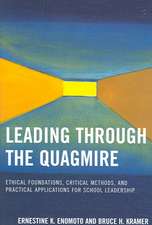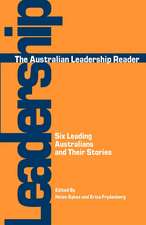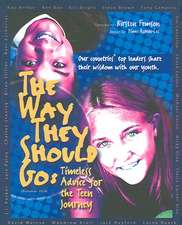Fitz
Autor Mick Cochraneen Limba Engleză Paperback – 11 noi 2013 – vârsta de la 12 până la 17 ani
Fifteen-year-old Fitzgerald—Fitz, to his friends—has just learned that his father, whom he's never met, who supports him but is not a part of his life, is living nearby. Fitz begins to follow him, watch him, study him, and on an otherwise ordinary May morning, he executes a plan to force his father, at gunpoint, to be with him.
Over the course of one spring day, Fitz and his father become real to one another. Fitz learns about his father, why he's chosen to remain distant and what really happened between him and Fitz's mother. And his father learns what sort of boy his son has grown up to become.
Preț: 65.15 lei
Nou
Puncte Express: 98
Preț estimativ în valută:
12.47€ • 13.05$ • 10.32£
12.47€ • 13.05$ • 10.32£
Carte disponibilă
Livrare economică 15-29 martie
Preluare comenzi: 021 569.72.76
Specificații
ISBN-13: 9780375846113
ISBN-10: 0375846115
Pagini: 177
Dimensiuni: 142 x 211 x 15 mm
Greutate: 0.18 kg
Editura: Ember
ISBN-10: 0375846115
Pagini: 177
Dimensiuni: 142 x 211 x 15 mm
Greutate: 0.18 kg
Editura: Ember
Extras
1
On a cool morning in late May, Fitz is standing in the alley behind his father's apartment in St. Paul. Truth be told, lurking is what he's doing. Trying to act as if he belongs here, as if maybe he's waiting for a ride. Keeping an eye on the door, checking the clock on his phone from time to time, doing his best not to look suspicious, doing his best not to look criminal.
This is one of the fancier neighborhoods in the city--"the Historic Summit Hill District." That's what real-estate agents call it. It's where F. Scott Fitzgerald, the famous writer his mother named him for, lived a hundred years ago. It's full of yuppies--Geoffries and Jennas, his friend Caleb calls them, Pasta-Hounds. It's less than five miles away from where Fitz lives with his mother on the city's west side, but it took him forty minutes to get here on the bus. He had to cross one of the longest rivers in the world--the Mississippi--and transfer downtown.
His father's building is red stone, the walls thick as a castle's. It reminds Fitz of Fort Snelling, the frontier fort overlooking the river he's visited on school field trips. It's got turrets and pillars and balconies. A sleeping porch in the back. It must have been built at the turn of the last century, a mansion for some railroad or grain baron. Now it's divided into separate units: his father's, he's learned, is on the second floor.
Fitz has been in the entry--studied the names on the mailboxes, checked out the catalogs and magazines in the bin--but never beyond the heavy security door. He's never been in his father's apartment. He imagines hardwood floors, a fireplace, some kind of gourmet kitchen, a wine rack, a killer home-theater system. His father likes nice things, Fitz knows that much about him. His father's car--a shiny silver sedan, leather interior, five-speed stick--is parked in its assigned spot, twenty feet away from where Fitz is standing.
There's no litter in the alley, no broken glass. It's newly paved. Here they probably don't even call it an alley. That would be too common. There's some upscale equivalent--"anterior access road," that's what they call it, Fitz thinks, something like that.
A black SUV passes slowly. There's a woman inside, nicely dressed, wearing sunglasses, fluffing her hair in the rearview mirror. Fitz smiles pleasantly at her, trying his best not to look like a kidnapper, and she smiles back. To her, he probably looks like a typical fifteen-year-old boy. He's wearing sneakers, black jeans, a gray hoodie. He's got a backpack slung over his shoulder.
And that's exactly what he is: a typical fifteen-year-old boy. A sophomore on the B honor roll. A kid with a messy room, an electric guitar, a notebook full of song lyrics, vague dreams about doing something great some day, a crush on a red-haired girl. The city is full of kids like him. America is full of kids like him. He's nothing special.
Except that he's carrying a Smith & Wesson .38 revolver in the waistband of his jeans and a gutful of confusion, a lifetime's resentment in his heart. A gnawing hunger for a father he's never known.
He kneels down now, retying his shoes for the third or fourth time. Fitz can imagine his father inside, straightening his silk tie, sipping a cup of fresh-ground, free-trade coffee, thinking about his day--a meeting with a client maybe, a deposition--no idea that someone is waiting for him, that his son has other plans.
On a cool morning in late May, Fitz is standing in the alley behind his father's apartment in St. Paul. Truth be told, lurking is what he's doing. Trying to act as if he belongs here, as if maybe he's waiting for a ride. Keeping an eye on the door, checking the clock on his phone from time to time, doing his best not to look suspicious, doing his best not to look criminal.
This is one of the fancier neighborhoods in the city--"the Historic Summit Hill District." That's what real-estate agents call it. It's where F. Scott Fitzgerald, the famous writer his mother named him for, lived a hundred years ago. It's full of yuppies--Geoffries and Jennas, his friend Caleb calls them, Pasta-Hounds. It's less than five miles away from where Fitz lives with his mother on the city's west side, but it took him forty minutes to get here on the bus. He had to cross one of the longest rivers in the world--the Mississippi--and transfer downtown.
His father's building is red stone, the walls thick as a castle's. It reminds Fitz of Fort Snelling, the frontier fort overlooking the river he's visited on school field trips. It's got turrets and pillars and balconies. A sleeping porch in the back. It must have been built at the turn of the last century, a mansion for some railroad or grain baron. Now it's divided into separate units: his father's, he's learned, is on the second floor.
Fitz has been in the entry--studied the names on the mailboxes, checked out the catalogs and magazines in the bin--but never beyond the heavy security door. He's never been in his father's apartment. He imagines hardwood floors, a fireplace, some kind of gourmet kitchen, a wine rack, a killer home-theater system. His father likes nice things, Fitz knows that much about him. His father's car--a shiny silver sedan, leather interior, five-speed stick--is parked in its assigned spot, twenty feet away from where Fitz is standing.
There's no litter in the alley, no broken glass. It's newly paved. Here they probably don't even call it an alley. That would be too common. There's some upscale equivalent--"anterior access road," that's what they call it, Fitz thinks, something like that.
A black SUV passes slowly. There's a woman inside, nicely dressed, wearing sunglasses, fluffing her hair in the rearview mirror. Fitz smiles pleasantly at her, trying his best not to look like a kidnapper, and she smiles back. To her, he probably looks like a typical fifteen-year-old boy. He's wearing sneakers, black jeans, a gray hoodie. He's got a backpack slung over his shoulder.
And that's exactly what he is: a typical fifteen-year-old boy. A sophomore on the B honor roll. A kid with a messy room, an electric guitar, a notebook full of song lyrics, vague dreams about doing something great some day, a crush on a red-haired girl. The city is full of kids like him. America is full of kids like him. He's nothing special.
Except that he's carrying a Smith & Wesson .38 revolver in the waistband of his jeans and a gutful of confusion, a lifetime's resentment in his heart. A gnawing hunger for a father he's never known.
He kneels down now, retying his shoes for the third or fourth time. Fitz can imagine his father inside, straightening his silk tie, sipping a cup of fresh-ground, free-trade coffee, thinking about his day--a meeting with a client maybe, a deposition--no idea that someone is waiting for him, that his son has other plans.
Notă biografică
MICK COCHRANE is a professor of English and Lowery Writer-in-Residence at Canisius College. USA Today called his middle-grade novel, The Girl Who Threw Butterflies, "A lovely coming-of-age novel . . . seasoned with small doses of Zen, baseball lore and history."
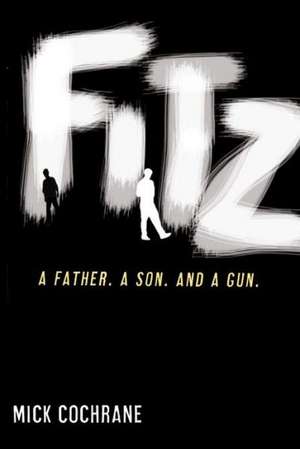
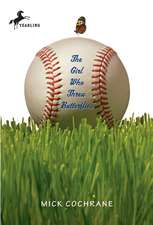



![When Sophie Gets Angry--Really, Really Angry... - Audio [With CD]](https://i3.books-express.ro/bt/9780439924931/when-sophie-gets-angry-really-really-angry-audio-with-cd.jpg)
